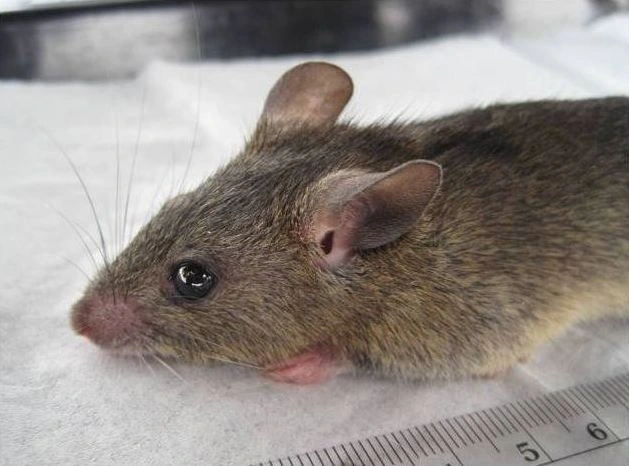

People usually become infected with Lassa virus through exposure to food or household items contaminated with urine or faeces of infected rats
<p>
<strong>The Health Security Agency of the United Kingdom continues to follow up and closely monitor individuals identified as contacts of three recently confirmed cases of Lassa fever.</strong></p>
<p>
Lassa fever is an acute viral haemorrhagic illness caused by Lassa virus. People usually become infected with Lassa virus through exposure to food or household items contaminated with urine or faeces of infected rats &ndash; present in a number of West African countries where the disease is endemic.<br />
<br />
The virus can also be spread through infected bodily fluids. Most people with Lassa fever will make a full recovery, however severe illness can occur in some individuals.<br />
<br />
The National Health Service (NHS) of Great Britain said that it has performed risk assessments on individuals and patients who have worked or stayed in the same ward areas as the Lassa patients.<br />
<br />
The individuals have been given advice on monitoring and testing. The majority of individuals will complete monitoring by early March.</p>
<blockquote class="twitter-tweet">
<p dir="ltr" lang="en">
Newborn baby identified as UK patient who died from rat-borne virus Lassa fever <a href="https://t.co/5kxdgDoN9V">https://t.co/5kxdgDoN9V</a> <a href="https://t.co/0QvvHqvJIT">pic.twitter.com/0QvvHqvJIT</a></p>
&mdash; The Mirror (@DailyMirror) <a href="https://twitter.com/DailyMirror/status/1493996344331100164?ref_src=twsrc%5Etfw">February 16, 2022</a></blockquote>
<script async src="https://platform.twitter.com/widgets.js" charset="utf-8"></script><p>
While it confirmed the death of one individual recently, the agency said that the risk to the general public remains very low.</p>
<p>
On February 9, two people were diagnosed with Lassa fever. The cases were within the same family in the East of England and were linked to recent travel to West Africa.<br />
<br />
Prior to these cases, there have been 8 cases of Lassa fever imported to the UK since 1980. The last 2 cases occurred in 2009. There was no evidence of onward transmission from any of these cases.<br />
<br />
People living in endemic areas of West Africa with high populations of rodents are most at risk of Lassa fever. Imported cases rarely occur elsewhere in the world. Such cases are almost exclusively in people who work in endemic areas in high-risk occupations, such as medical or other aid workers.</p>
<p>
<strong>Also Read: <a href="https://www.indianarrative.com/health-news/kg-tumour-removed-from-woman-s-abdomen-150623.html">47-kg tumour removed from woman&#39;s abdomen</a></strong></p>
<p>
<strong><br />
</strong></p>
India and Australia have undertaken the first science and technology project arrangement to improve the…
The eighth edition of India-France Joint Military Exercise Shakti-VIII concluded on Thursday at Camp Larzac,…
As Prime Minister Narendra Modi has been conferred the national honour of Ghana, Officer of…
External Affairs Minister S Jaishankar held a meeting with FBI Director Kash Patel in Washington…
US State Department Deputy Spokesperson Mignon Houston on Wednesday (local time) said that India is…
India and Ghana signed four Memoranda of Understanding (MoUs) on Wednesday to strengthen bilateral cooperation…